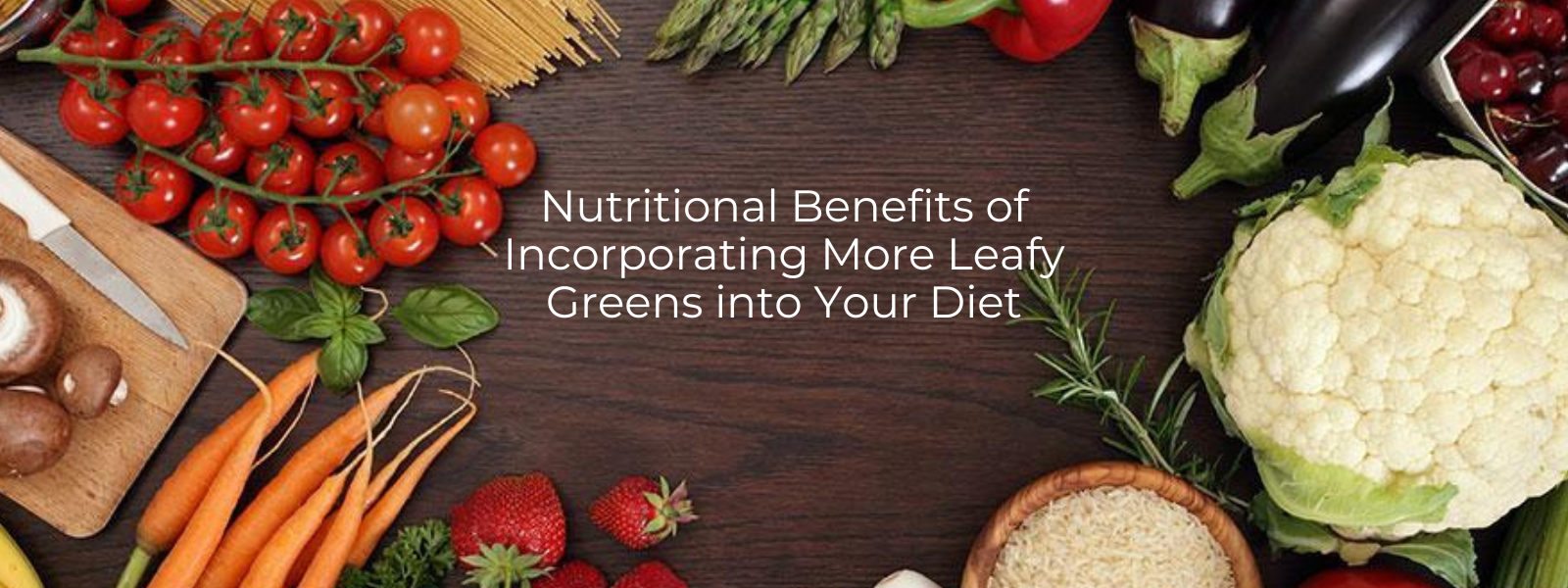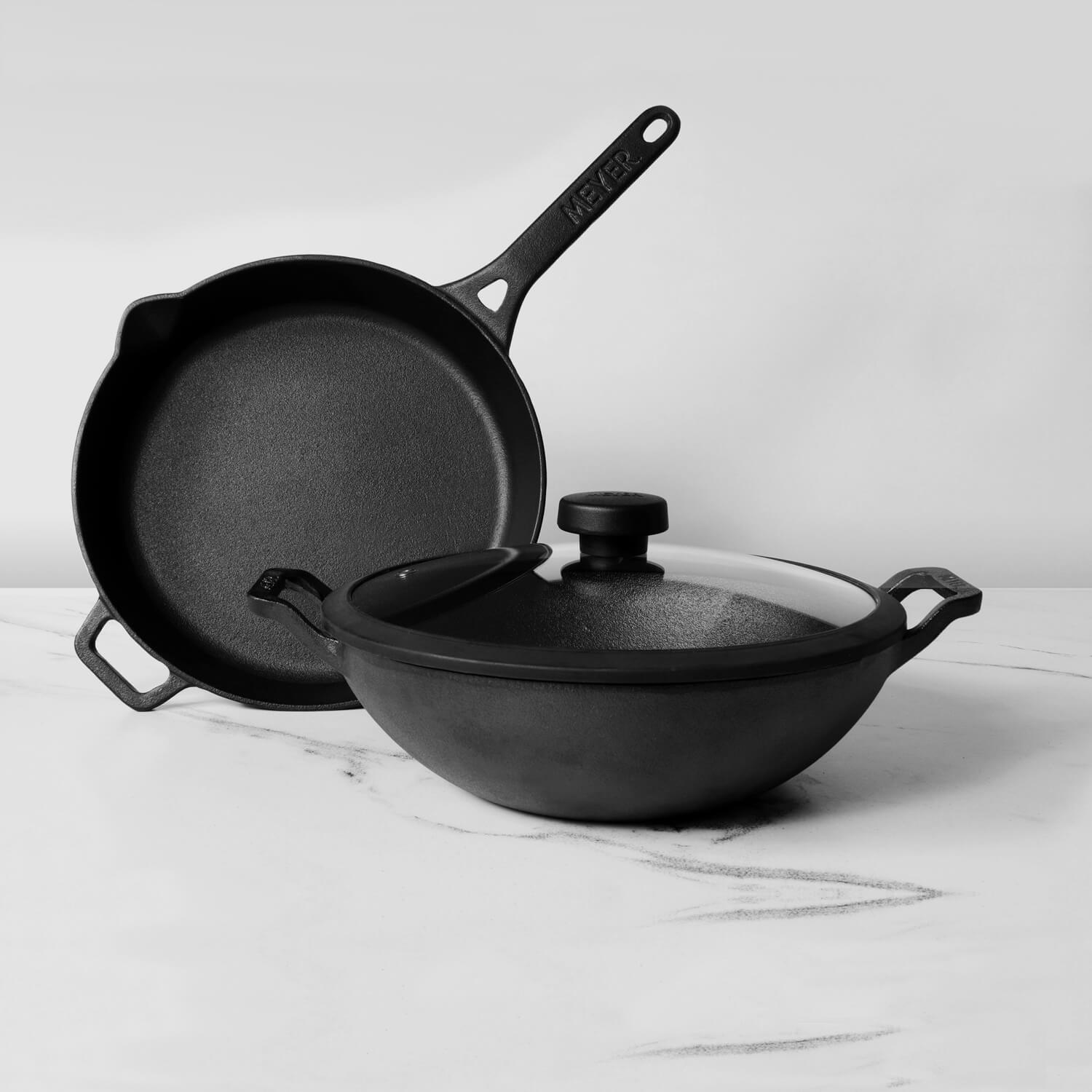Understanding the carbohydrate content of common breakfast foods is essential for maintaining a balanced diet and managing energy levels throughout the day. Many typical breakfast options such as oatmeal, whole wheat toast, and whole grain cereal provide complex carbohydrates that offer sustained energy release, along with essential nutrients like fiber and vitamins. Fruits like bananas and berries also contribute natural sugars and carbohydrates, providing a refreshing and nutritious addition to breakfast. However, it's important to be mindful of portion sizes and added sugars in certain breakfast items like granola and fruit juice, which can contribute to higher carbohydrate intake.
Table of Contents
- Importance Of Breakfast Foods:
- Impact Of Carb Content In Breakfast:
- Carb Content Of Common Indian Breakfast Foods:
- Conclusion:
Importance Of Breakfast Foods:
Breakfast is often hailed as the most important meal of the day because it jumpstarts metabolism, providing the energy needed to kickstart the day's activities. It offers a crucial opportunity to refuel the body with essential nutrients like vitamins, minerals, protein, and fiber, supporting overall health and well-being. Eating breakfast has been shown to enhance cognitive function, concentration, and memory, while also promoting a positive mood and reducing feelings of stress and anxiety. Additionally, a balanced breakfast helps regulate appetite, preventing overeating later in the day and supporting weight management efforts. By making breakfast a regular part of your daily routine, you set the stage for healthier eating patterns, improved energy levels, and better overall health.
Impact Of Carb Content In Breakfast:
The impact of carbohydrate content in your breakfast on your health can be significant and multifaceted. Here are some key considerations:
- Energy Levels and Satiety: Carbohydrates are the body's primary source of energy, providing glucose to fuel cellular functions and physical activity. A breakfast rich in carbohydrates can help replenish glycogen stores depleted overnight, providing the energy needed to kickstart your day. Additionally, carbohydrates, especially those with fiber, can promote feelings of fullness and satiety, helping to prevent overeating later in the day.
- Blood Sugar Control: Consuming carbohydrates at breakfast can impact blood sugar levels, particularly for individuals with conditions like diabetes or insulin resistance. Choosing carbohydrates with a lower glycemic index (GI), such as whole grains, fruits, and vegetables, can help regulate blood sugar levels more effectively, preventing spikes and crashes throughout the day.
- Weight Management: The type and amount of carbohydrates consumed at breakfast can influence weight management efforts. Foods high in refined carbohydrates and added sugars, such as pastries, sugary cereals, and white bread, can contribute to weight gain and metabolic issues when consumed in excess. On the other hand, choosing complex carbohydrates with fiber, protein, and healthy fats, such as whole grains, nuts, seeds, and legumes, can promote feelings of fullness, regulate appetite, and support weight loss or weight maintenance goals.
- Heart Health: High intake of refined carbohydrates and added sugars has been associated with an increased risk of heart disease and other cardiovascular issues. Choosing heart-healthy carbohydrates like whole grains, fruits, and vegetables as part of a balanced breakfast can help lower cholesterol levels, reduce inflammation, and improve heart health overall.
- Digestive Health: Carbohydrates, particularly those high in fiber, play a crucial role in digestive health by promoting regular bowel movements, preventing constipation, and supporting a healthy gut microbiome. Including fiber-rich carbohydrates like fruits, vegetables, whole grains, and legumes in your breakfast can contribute to overall digestive wellness.
Carb Content Of Common Indian Breakfast Foods:
Here's a breakdown of the carbohydrate content in common Indian breakfast foods per typical serving size:
- Idli (2 idlis):
- Carbohydrates: Approximately 28 grams
- Idlis are steamed rice cakes made from a fermented batter of rice and urad dal (black gram lentils). They are a staple breakfast item in South India and are often served with chutney and sambar.
- Dosa (1 dosa):
- Carbohydrates: Roughly 35 grams
- Dosas are thin, crispy crepes made from a fermented batter of rice and urad dal. They are popular across India and are typically served with chutney and sambar or filled with various savory fillings like potatoes or cheese.
- Poha (1 cup):
- Carbohydrates: About 35 grams
- Poha, also known as flattened rice, is a popular breakfast dish in Western India. It is made by flattening rice and then dry-roasting or soaking it before cooking with spices, vegetables, and peanuts.
- Upma (1 cup):
- Carbohydrates: Approximately 30 grams
- Upma is a savory porridge made from semolina (sooji) and seasoned with spices, vegetables, and sometimes nuts or peas. It is commonly eaten for breakfast in South India and parts of Maharashtra.
- Paratha (1 medium-sized):
- Carbohydrates: Roughly 30 grams
- Paratha is a type of Indian flatbread made from whole wheat flour and usually stuffed with various fillings like potatoes, paneer (Indian cottage cheese), or vegetables. It is often served with yogurt, pickle, or chutney.
- Puri (2 puris):
- Carbohydrates: About 30 grams
- Puri is a deep-fried bread made from whole wheat flour. It is typically served with aloo ki sabzi (potato curry) or chole (spiced chickpeas) and is a popular breakfast item in North India.
- Rava Upma (1 cup):
- Carbohydrates: Roughly 25 grams
- Rava upma is a variation of upma made from semolina (rava) instead of semolina. It is flavored with spices, vegetables, and sometimes lentils or peanuts and is commonly eaten for breakfast in South India.
- Dhokla (1 piece):
- Carbohydrates: Approximately 20 grams
- Dhokla is a steamed savory cake made from fermented rice and chickpea flour. It is popular in Gujarat and is often served with green chutney or tamarind chutney.
- Besan Chilla (2 chillas):
- Carbohydrates: Roughly 15 grams
- Besan chilla, also known as gram flour pancakes, is made from chickpea flour (besan) and seasoned with spices, onions, and green chilies. It is a popular breakfast option in North India.
- Masala Dosa (1 dosa):
- Carbohydrates: About 40 grams
- Masala dosa is a variation of dosa filled with a spiced potato filling. It is a popular South Indian breakfast dish and is typically served with chutney and sambar.
Conclusion:
When planning your breakfast, aim for a balance of carbohydrates, protein, and healthy fats to provide sustained energy and keep you feeling satisfied throughout the morning. Incorporating a variety of nutrient-rich foods into your breakfast routine can help you meet your nutritional needs and support overall health and well-being.











Leave a comment